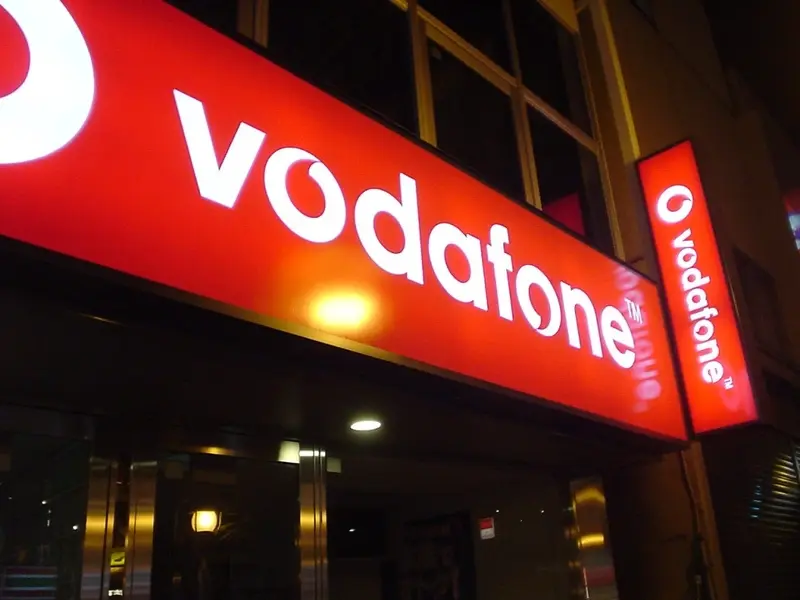
If weekend press reports are to be believed Vodafone (VOD) will finally bite the bullet and slash its dividend alongside full year results tomorrow (14 May).
Vodafone is unsurprisingly refusing to comment.
READ MORE ABOUT VODAFONE HERE
Vodafone has one of the largest dividends on the FTSE 100, a payout that cost the group €3.92bn last year. That puts the income yield at 9.7% at today’s 133.86p share price.
The 4% decline in the share price on Monday makes Vodafone the biggest FTSE 100 loser.
If the report proves on the money it should surprise few that have followed the Vodafone investment story.
LONG-RUN DOUBTS
Speculation that a hefty cut to the payout was necessary has dogged the share price for months. It is one of the main reasons why the stock has staggered considerably since the start of 2018, as the chart above illustrates.
If the dividend is cut it will end a 20-year run of (mainly) inflation-beating increases.
The thinking goes that by cutting the dividend it will free the business to both repay some of its massive net debt of about £28bn and provide the funding needed to invest in new mobile spectrum in Europe and superfast 5G services across its various markets.
Paying down some of its borrowings would undoubtedly be helpful, easing an obvious burden.
The case for faster 5G investment is less clear. While superficially attractive there is a danger that it simply sparks other mobile network operators to do the same
‘Any step up in investment by Vodafone would surely oblige competitors to follow suit - just as it did during Project Spring (a previous large investment programme), leaving no residual competitive advantage,’ says investment bank Jefferies.
PROS AND CONS
On the plus side, while undoubtedly painful in the short-term for investors rebasing dividend expectations might lift a poison pill issue.
As analysts at investment bank Berenberg today argue, drastic dividend action could ‘wrestle back and re-direct the narrative to the company’s stable fundamentals’.
Which makes it all the more important for the near-term future that tomorrow’s Vodafone full year results come with a convincing plan that the business is capable of returning to sustainable organic revenue growth. Otherwise, the dividend payout ratio gets progressively squeezed over time.
Berenberg anticipates ‘stable’ results overall on 14 May, albeit set against lower expectations than the previous year, although with more cost cuts expected to bolster profits.
It is forecasting a 3.5% decline in revenue to €44.9bn and net income down from €3.2bn in 2018 to €2.6bn this time round.






